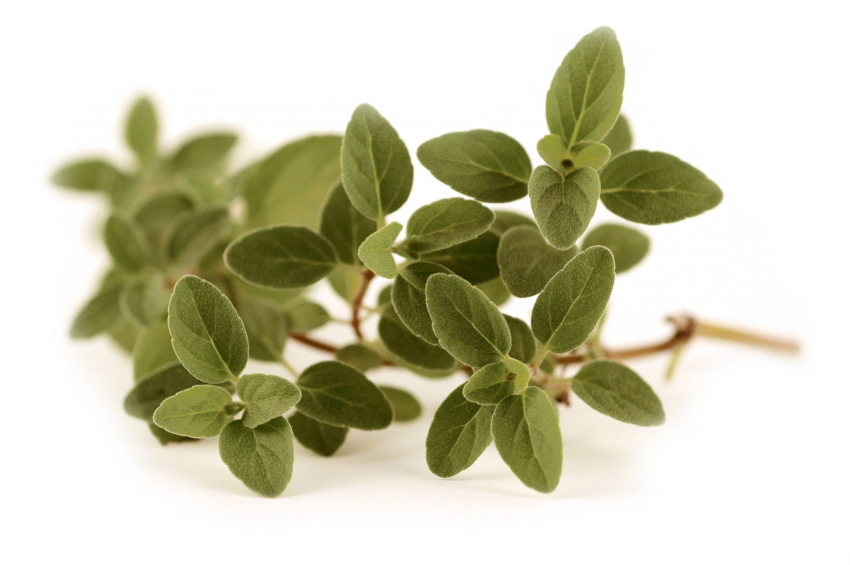Herbal Medicine and Supplements
 Overview
Overview
Herbal medicine is a method of using holistic approaches to ensure overall good health and well being. Western herbal medicine makes use of plant remedies to maintain good health and treat various conditions. Chinese herbal medicine makes use of vegetables, minerals and some animal products in order to achieve good health and to prevent an imbalance of Qi. Acupuncture is used alongside Chinese herbal medicine and the object of the treatment is to prevent illness rather than to cure or treat the symptoms which may already be present.
Sources
Unknown by many people, herbs are the core of an extensive amount of modern-day pharmaceutical drugs. Nearly 25 percent of the prescription medicines found in the local pharmacy can be shown to come from medicinal plants. The word “drug” comes from the Dutch word “droge,” which means “to dry.” Dutch pharmacists turned dried plants into medicines during the Middle Ages.
The World Health Organization (WHO) estimates that approximately 80 percent of the individuals in developing countries use some type of traditional herbal medicines as their primary source of health care.
Herbal remedies can be fairly simple, such as a cup of tea made from chamomile to help ease an upset stomach or indigestion after a large meal. Another simple herbal remedy is the use of an extract from the roots or leaves of Echinacea to treat colds or flu. Feverfew is used to treat migraine headaches and many believe the use of valerian root will ensure a peaceful night’s sleep.
Herbal supplements are available from health food stores and pharmacies.
Functions
Many sources of scientific research around the world have confirmed what natural healers have known through the centuries – the folk medicines handed down over time usually do provide the relief or well being they were said to treat.
Uses
In today’s world, many people want to leave behind their high-tech lives and get back to basics for health care. As such, they are turning more frequently to the use of herbs for the prevention of long-term illnesses and diseases. For instance, millions of people are turning to the use of garlic to lower “bad” cholesterol. The saw palmetto plant is a safe and clinically-proven remedy for non-malignant enlargement of the prostate. St. John’s Wort can be used to treat mild depression, with its effectiveness proven in many clinical studies.
More examples of natural herbal healing include the use of gingko to stimulate peripheral circulation, particularly in the brain. This herb may be helpful to treat dementia and some short-term memory loss in the elderly. The extract of milk thistle is used as a liver tonic, especially for those individuals who have cirrhosis of the liver or those suffering from some types of hepatitis or exposure to toxic chemicals.
Deficiency
Most deficiencies are the cause of an illness or disease. When herbal supplements are consumed on a regular basis to restore balance, the deficiency is overcome and so is the illness or disease.
Some other herbal remedies to treat such deficiencies include:
- Aloe vera to improve blood circulation
- Burdock for acne problems
- Camomile for headaches and vomiting, as well as healing ulcers and wounds
- Comfrey for sprains, strains and wounds, as well as for burns and bruises
- Cranberry juice for cystitis
- Elderflower for fever, sore throats and flu
- Evening primrose oil for eczema
- Fennel for indigestion, vomiting and nausea
- Fenugreek for nasal congestion
- Ginger for morning and motion sickness
- Licorice for gastric ulcers
- Marigold for cuts, gashes and nappy rash
- Valerian for insomnia and anxiety
Requirements
Many herbal supplements are available as over-the-counter alternative treatments for a wide variety of conditions. While there are no requirements for most of these remedies, one should always follow the recommended dosages on the container’s label and buy supplements from reputable suppliers.
Women who are pregnant or breastfeeding should seek the opinion of a health care professional before starting any new course of self treatment where health is concerned.
If negative side effects are experienced, stop using the supplement immediately and consult a medical professional before continuing the course of action. The professionals at your health food stores can assist when questions arise about the use of a supplement or its benefits to the human body.
Posted in Herbal Medicine & Supplements
Ask a Question Or Join a Discussion



